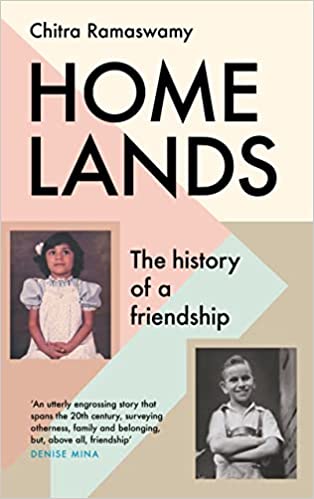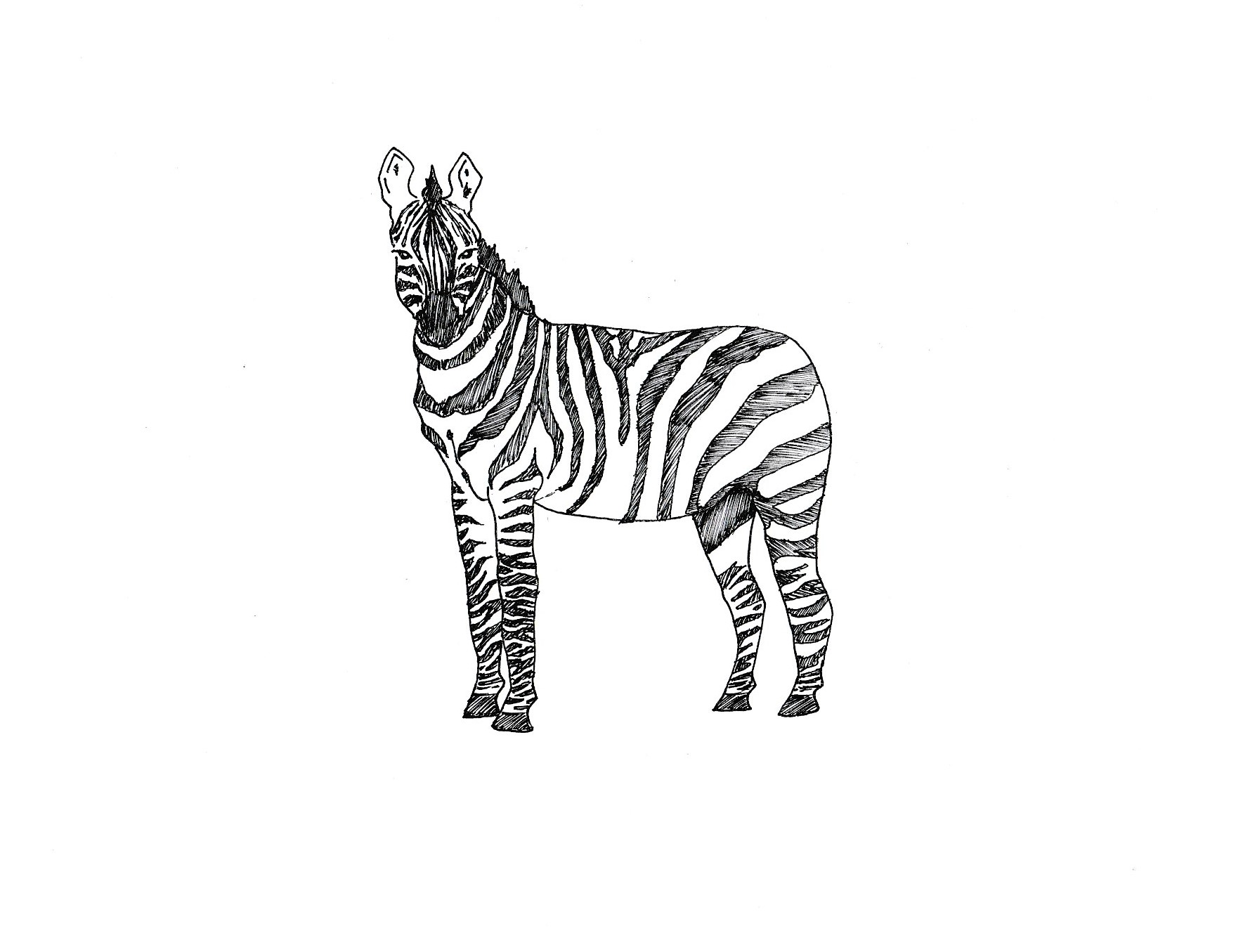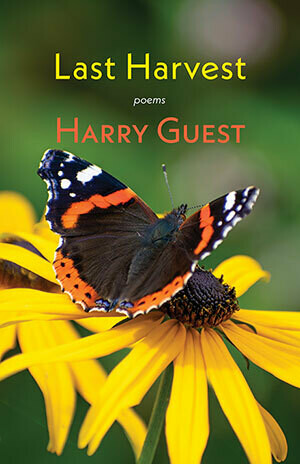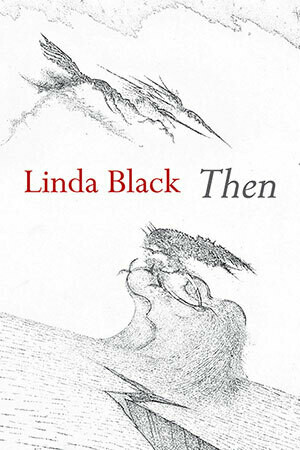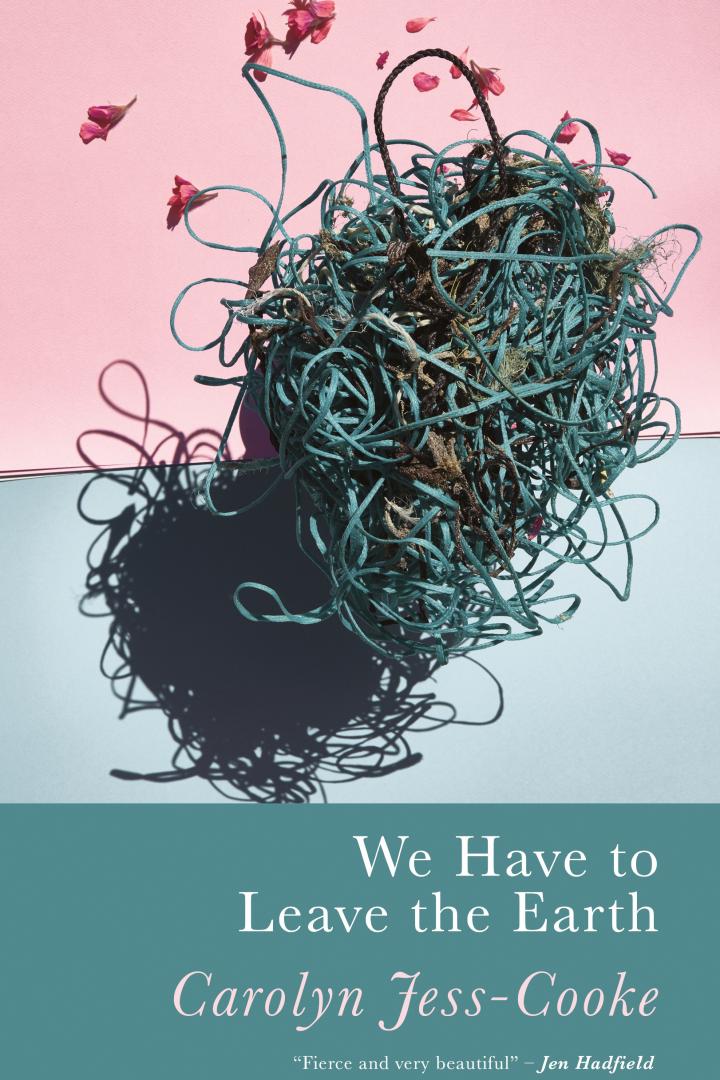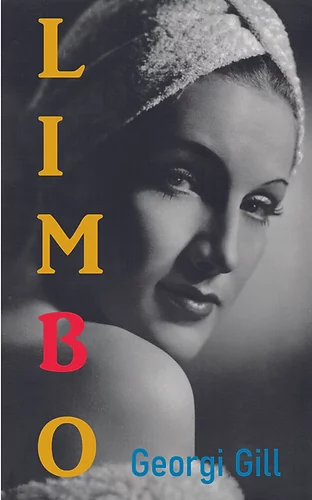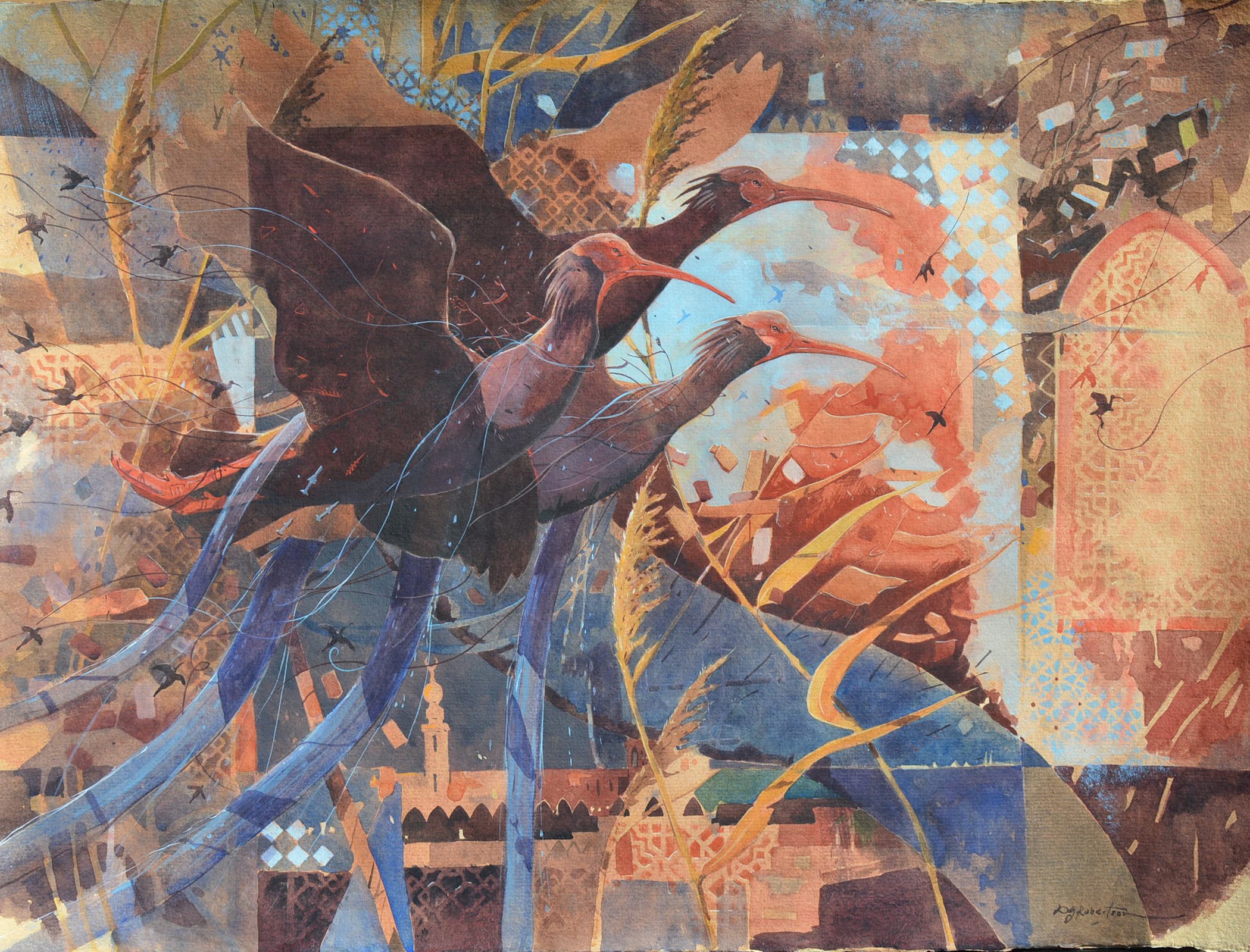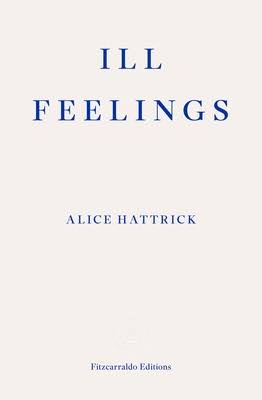How to Grow Matches
Striking and direct, How To Grow Matches is a powerful addition to S.A. Leavesley’s impressive collection of poetic works and novellas. Her poetry commands attention through carefully crafted rhythm and assonance, and evocative imagery. We are exposed to a raw anger against gender stereotyping and misogyny, but which is controlled and contained in a nuanced narrative. Leavesley creates a vision where women, threatened with fading into the background, are inspired them to reclaim their space and find their own voices.


